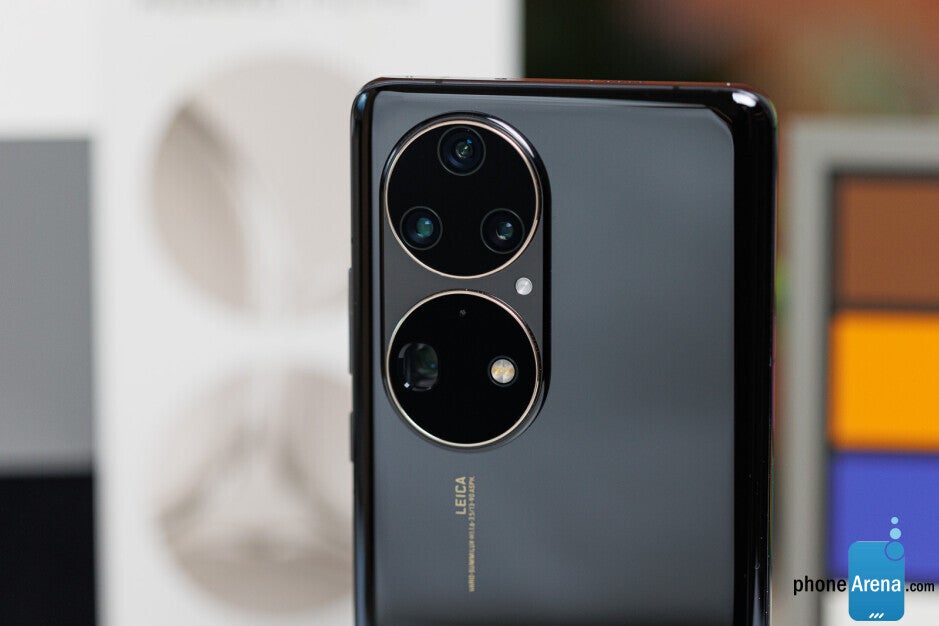Estimate to rip and replace Huawei, ZTE networking gear more than tripled since 2020

Last July, the FCC voted unanimously to spend $1.9 billion to rip out networking gear being used by rural carriers in the U.S. This equipment was made by two Chinese manufacturers considered to be national security threats in the U.S., Huawei, and ZTE. The rural operators who purchased the gear did so because it was offered to them at a great price.
But the U.S. started cracking down on ZTE in 2018 and Huawei the following year. Both firms were placed on the Commerce Department's Entity List which prevented both companies from accessing its U.S. supply chain. ZTE almost went out of business but was saved by then President Donald Trump who demanded that the Commerce Department take ZTE off of the Entity List.
Huawei wasn't as lucky as ZTE and remains on the Entity List to this day
Huawei was not as lucky as ZTE and has been on the Entity List since May 2019. Losing the ability to install the Google Mobile Services (GMS) version of Android on its handsets forced Huawei to develop its own HarmonyOS and develop its own Huawei Mobile Services. But the U.S. put the nail into Huawei's coffin exactly one year to the day that it placed Huawei on the Entity List.

The Huawei P50 Pro was forced to use a version of the Snapdragon 888 chipset that supports 4G instead of 5G
This was accomplished by changing an export rule that prevented foundries that use U.S. technology to build chips from shipping cutting-edge semiconductors to Huawei. This forced Huawei to use special versions of the Snapdragon 888 chipset with 4G support (instead of 5G support) for its 2021 P50 Series. And looking to free its Honor sub-brand from having to deal with the U.S.bans, Huawei sold it to a consortium in 2020 for over $15 billion.
Now here's the thing. As recently as last summer, the FCC said that ripping out Huawei and ZTE's networking gear would cost it $1.9 billion, an estimate originally calculated in 2020. But on Friday Federal Communications Commission (FCC) chairwoman Jessica Rosenworcel told Congress that the wireless providers involved in the program requested $5.6 billion to be reimbursed for the cost of "ripping and replacing" the insecure networking equipment.
Congress has yet to approve the $5.6 billion demanded by affected rural providers
The FCC issued a press release on Friday which noted that the goal of the "The Supply Chain Reimbursement Program" is to reimburse advanced communications providers for the reasonable expenses these companies laid out for the "removal, replacement, and disposal of covered communications equipment and services."
While the figure that the rural carriers are seeking is more than triple the amount that the FCC earmarked for this program, the actual amount that will be spent for the rip and replace could still be lower than the inflated new figure. In the press release, Chairwoman Rosenworcel noted that Congress has yet to set aside the $5.6 billion that the carriers are asking for.
Rosenworcel said, "Last year Congress created a first-of-its kind program for the FCC to reimburse service providers for their efforts to increase the security of our nation's communications networks. We’ve received over 181 applications from carriers who have developed plans to remove and replace equipment in their networks that pose a national
security threat."
security threat."
She added, "While we have more work to do to review these applications, I look forward to working with Congress to ensure that there is enough funding available for this program to advance Congress’s security goals and ensure that the U.S. will continue to lead the way on 5G security."
When the FCC originally figured that the cost of ripping out the offending equipment would be $1.89 billion, it also estimated that it would take two years to complete the job. There is no indication from the FCC that the much higher estimate also means that it will take longer to remove ZTE and Huawei's networking equipment and replace it with gear that doesn't come from national security threats that the FCC feels can't be trusted.
Follow us on Google News













Things that are NOT allowed:
To help keep our community safe and free from spam, we apply temporary limits to newly created accounts: